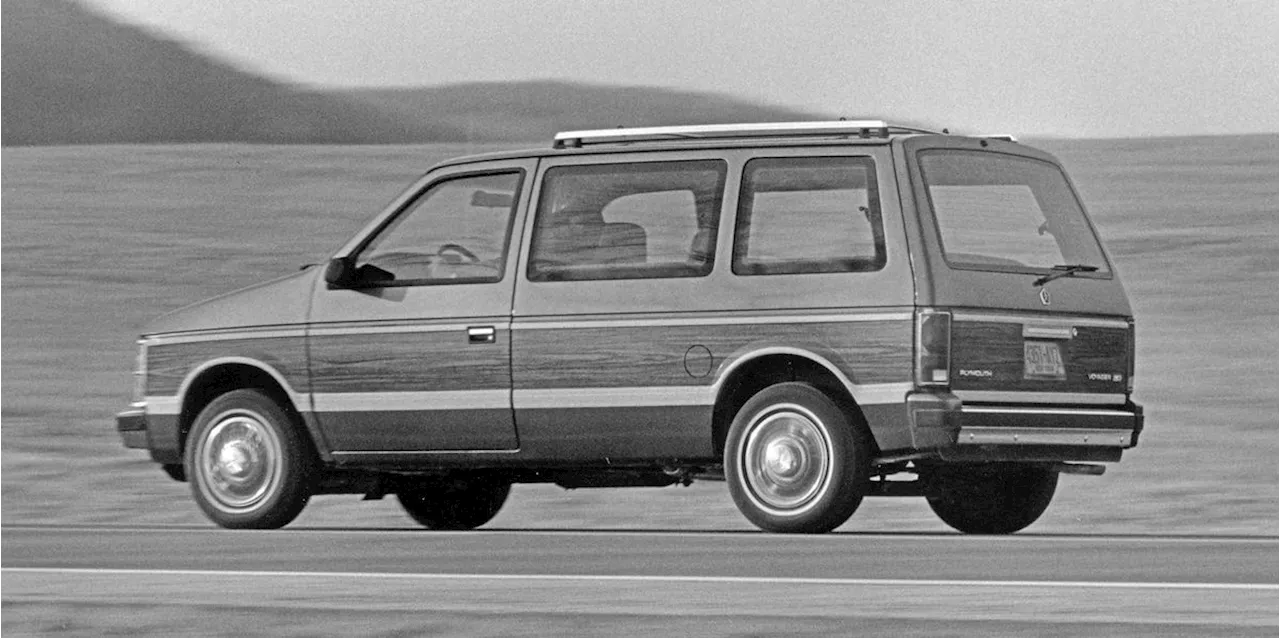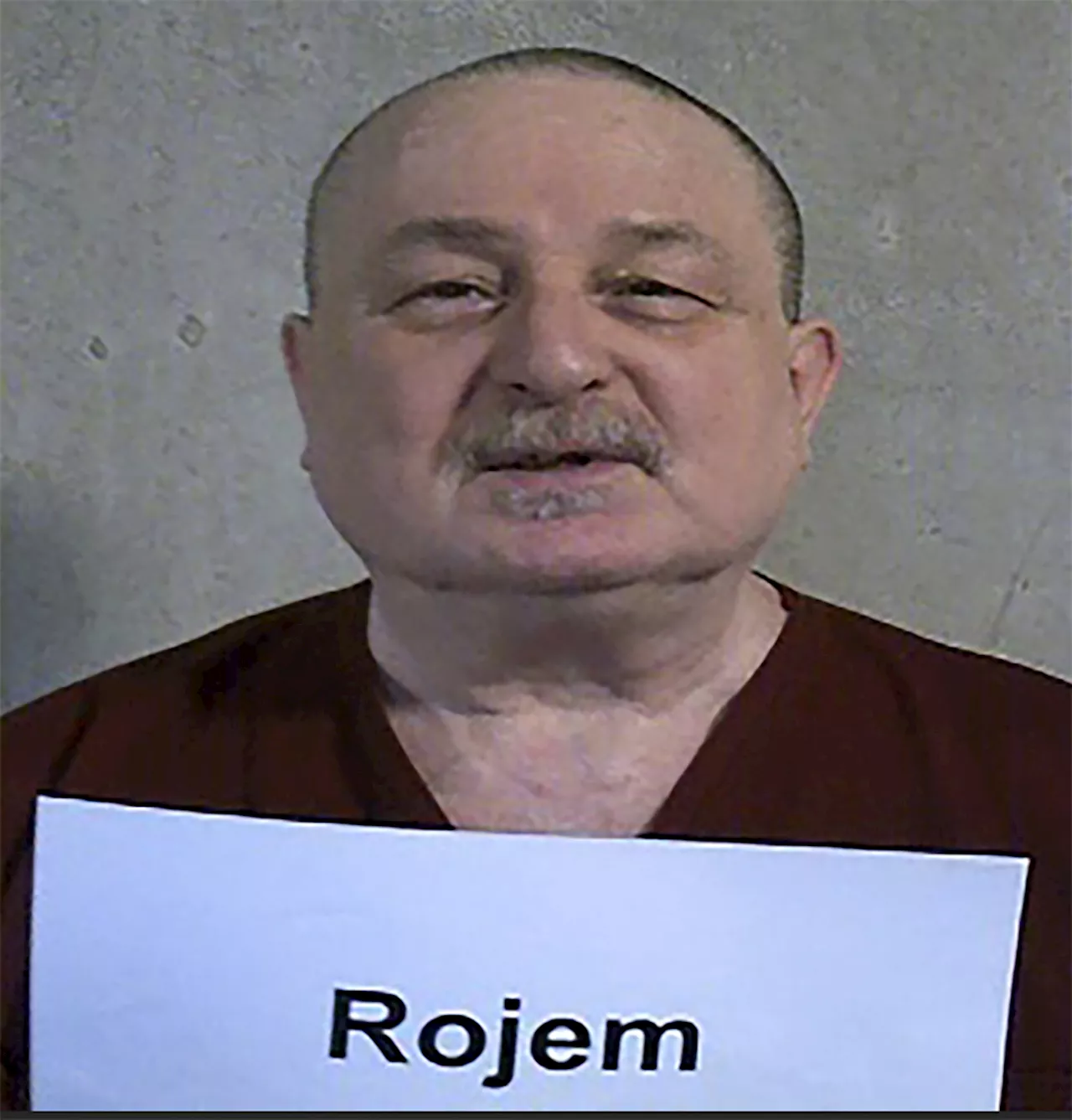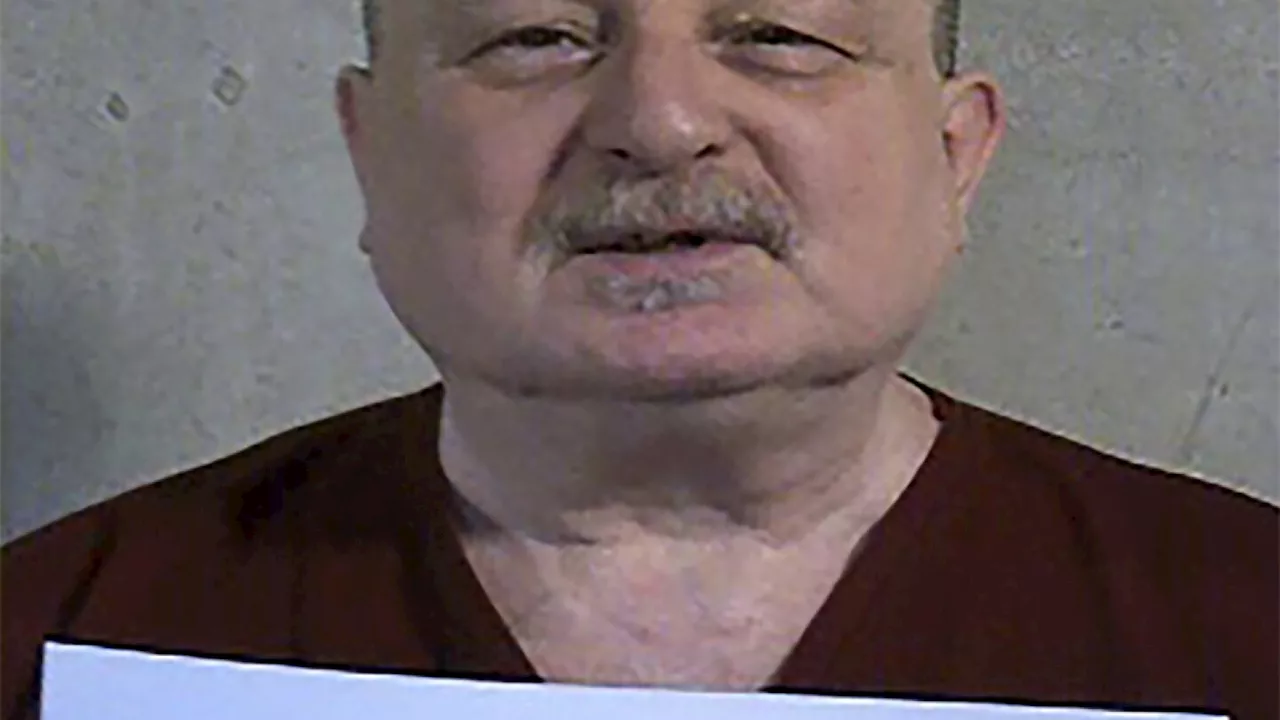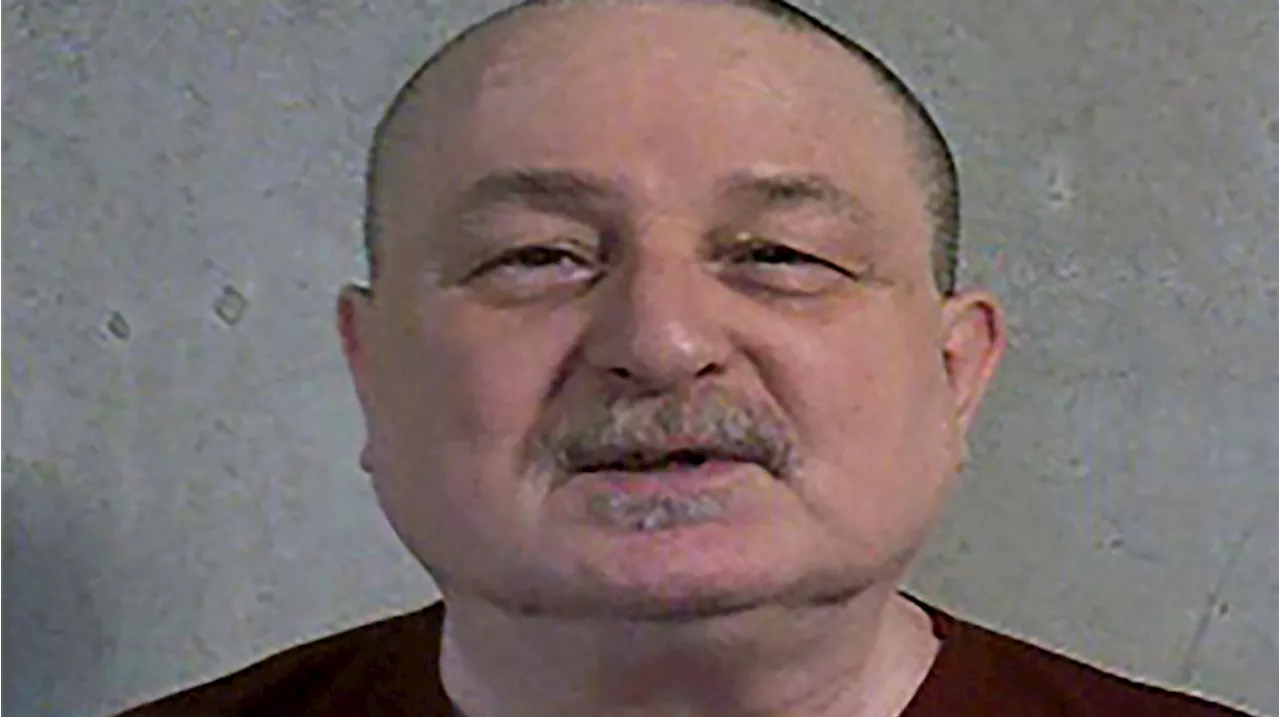Four decades ago, Peter Ueberroth transformed the Games from an unwanted burden to a coveted entertainment behemoth.
1984 Los Angeles Olympics faced skepticism, financial concernsGames reinvigorated Olympic movement, set new commercial modelWhen the International Olympic Committee met in 1978 to pick a host for the 1984 Summer Games, it had just one candidate, Los Angeles, after the only other bidder, Tehran, dropped out during the early days of Iran’s Islamic revolution.End of carousel
Then came Los Angeles with an Olympics run by a young travel executive named Peter Ueberroth, who brought new funding ideas built on television deals and corporate sponsorships.The success was transformative. For two weeks in the summer of 1984, the Los Angeles Games boomed as a nonstop celebration of the United States.
The official Olympic report from 1984 would note that Ueberroth was “disheartened” to learn that 90 percent of the previous two Summer Olympics had been state-funded. But he had one advantage: While much of Montreal’s debt came from the construction of an elaborate Olympic stadium, Athletes’ Village and facilities, Los Angeles already had stadiums, starting with the Coliseum, which had been constructed for the 1932 Summer Games.
In the fall of 1979, ABC agreed to pay $225 million for the rights to broadcast the Los Angeles Olympics and another $100 million to handle television production for the rest of the world — a cost host cities had absorbed previously. The $325 million was so far beyond what the IOC had imagined that it had negotiated in advance to take just $33 million of Los Angeles’ TV money.
Rubenstein came up with an idea: Instead of making small deals with several sponsors pitching similar products, why not seek higher fees for the exclusive rights? He and Ueberroth set a minimum bid of $4 million, far more than the companies were accustomed to spending for Olympic sponsorships. But Coca-Cola and Budweiser quickly agreed to be the official soft drink and beer companies of the Games. McDonald’s soon followed.
“An intense guy,” said Terrence Burns, a sports marketing consultant who has worked for the IOC and has co-written several cities’ bid proposals in recent years. “Very good at eye contact. He’s creative. He’s a very precise guy. He doesn’t have a lot of time, to be honest with you, for chitchat or wasting anyone’s time. He gets right down to business.”
Perelman said Ueberroth was “ahead of his time” for believing diverse office staffs make businesses better and actively seeking women and people of color for leadership positions. He also instructed his staff to use contractors and vendors from underserved and often ignored south Los Angeles. The boycott did a strange thing, however. It didn’t cause Americans to lose interest; it made them want the Games even more. The Cold War was at its peak, and President Ronald Reagan had packed his 1984 reelection campaign with anti-Soviet rhetoric. Movies such as “WarGames,” “Red Dawn” and “The Right Stuff” stoked a patriotic fever. And as the torch began moving across the country, people filled roadsides and highway shoulders just to catch glimpses of it.
American runner Joan Benoit-Samuelson, who a week later would win the first Olympic women’s marathon, remembers many of the world’s athletes rushing to embrace the Romanian athletes as they waited to walk into the Coliseum.Then the United States started winning. And winning. And winning. Carl Lewis was the biggest star, taking gold in the 100 and 200 meters, the 4x100-meter relay and the long jump. Moses won his 105th consecutive 400-meter hurdles race.
All of it played out as a prime-time television drama in the golden late-afternoon California light known in Hollywood as the “magic hour.”“It was the beginning of the television sports empire, so it was huge live,” Moses said. “People didn’t have to stay up late at night. It was in L.A. Hundreds of thousands of people had the opportunity to go. My family was there. My high school track coach was there; friends were there. And people were just enthusiastic about it.
“Once we saw the L.A. number, we said, ‘This is the way we can finance the Olympic movement, and we need to take control,’” Pound said. “We had to evolve in the sponsorship business, and we had to figure out what was the Olympics brand? What assets did we have? How do we get ourselves off the companies’ donation budgets and into the C-suite?”
United Kingdom Latest News, United Kingdom Headlines
Similar News:You can also read news stories similar to this one that we have collected from other news sources.
 Los Angeles man arrested in 1984 cold case murder in RosevilleAn arrest has been made 40 years after a 69-year-old woman was killed in Roseville, authorities announced on Thursday.
Los Angeles man arrested in 1984 cold case murder in RosevilleAn arrest has been made 40 years after a 69-year-old woman was killed in Roseville, authorities announced on Thursday.
Read more »
 How the 1984 Olympics saved the GamesWith only days before the Opening Ceremonies kick off the 2024 Summer Olympics in Paris, we go back to 1984 – when the Games faced international ruin and were reinvented in Los Angeles.
How the 1984 Olympics saved the GamesWith only days before the Opening Ceremonies kick off the 2024 Summer Olympics in Paris, we go back to 1984 – when the Games faced international ruin and were reinvented in Los Angeles.
Read more »
 1984 Plymouth Voyager LE Is the Start of Something NewIntroducing the LCF ('Low Cab Forward' to you four-wheelers) family mobile.
1984 Plymouth Voyager LE Is the Start of Something NewIntroducing the LCF ('Low Cab Forward' to you four-wheelers) family mobile.
Read more »
 Oklahoma Executes Man Who Killed 7-year-old Ex-Stepdaughter in 1984Richard Rojem, 66, received a three-drug lethal injection at the Oklahoma State Penitentiary on Thursday morning.
Oklahoma Executes Man Who Killed 7-year-old Ex-Stepdaughter in 1984Richard Rojem, 66, received a three-drug lethal injection at the Oklahoma State Penitentiary on Thursday morning.
Read more »
 Oklahoma executes man convicted of kidnapping, raping and killing 7-year-old girl in 1984Oklahoma has executed a man convicted of kidnapping, raping and killing a 7-year-old girl in 1984. Sixty-six-year-old Richard Rojem was given a lethal injection Thursday at the Oklahoma State Penitentiary in McAlester. Prison officials say he was pronounced dead at 10:16 a.m.
Oklahoma executes man convicted of kidnapping, raping and killing 7-year-old girl in 1984Oklahoma has executed a man convicted of kidnapping, raping and killing a 7-year-old girl in 1984. Sixty-six-year-old Richard Rojem was given a lethal injection Thursday at the Oklahoma State Penitentiary in McAlester. Prison officials say he was pronounced dead at 10:16 a.m.
Read more »
 Oklahoma executes longest-serving death row inmate for 1984 murder of stepdaughterWhen asked if he had any last words, Rojem, who was strapped to a gurney and had an IV in his tattooed left arm, said: 'I don't. I've said my goodbyes.'
Oklahoma executes longest-serving death row inmate for 1984 murder of stepdaughterWhen asked if he had any last words, Rojem, who was strapped to a gurney and had an IV in his tattooed left arm, said: 'I don't. I've said my goodbyes.'
Read more »
